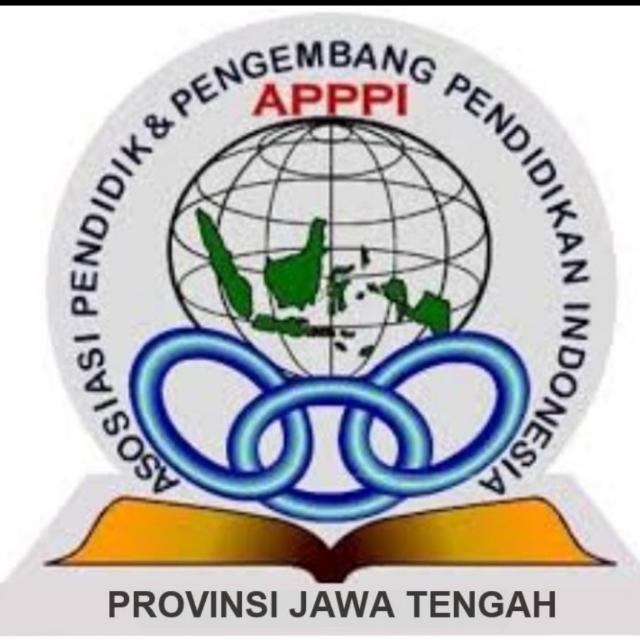Peran IPS Sebagai Upaya Pengembangan Kebudayaan Terhadap Peserta Didik
Kata Kunci:
Pembelajaran IPS; , Budaya; , Peran IPS terhadap kebudayaanAbstrak
Social Sciences (IPS) is an educational program that has educational materials from various social and human science disciplines (education and history) which are organized and presented scientifically and psychologically for educational purposes based on Pancasila and Indonesian Culture. Social studies can also be said to be a fusion or combination of a number of social subjects so that the social studies subjects use certain parts of the social sciences. In principle, social studies education in elementary schools does not teach social sciences as a scientific discipline, but rather the essential concepts of social sciences to shape students into good citizens. Social studies as a subject that plays a significant role in developing culture is expected to empower and make the best use of the available local culture. Social studies learning in elementary schools is expected to develop various abilities in students, especially the ability to live in the environment or community where students live. Therefore, teachers are needed who have an adequate understanding of local cultural values, in addition to the ability to understand the subject matter for which they are responsible. The creation of culture cannot be separated from the process of social interaction, whether between individuals, between groups, or individuals and groups. Social interaction is the most real reality in human life.
Referensi
Ar, H. (2015). Somut olmayan kültürel miras?n korunmas?nda turist rehberlerinin rolü(Tidak diterbitkan tesis master). Universitas Bal?kesir, Sekolah Pascasarjana Ilmu Sosial, Bal?kes
Budimansyah, D. (2007). “Pendidikan Demokrasi Sebagai Konteks Civic Education di Negara-negara Berkembang”, Jurnal Acta Civicus, Vol.1 No.1, hlm.11-26.
Capar, G., & Yenip?nar, U. (2016). Somut olmayan kültürel miras kayna?? olarak yöresel yiyeceklerin turizm. Jurnal Studi Pariwisata dan Gastronomi, 4 (1), 100-115.
Deren, AS (2006). Sanal ortamda kültürel miras enformasyon sistemlerinin kurulmas? ve Türkiye için durum analizi(tesis master tidak diterbitkan). Universitas Teknik Istanbul, Pascasarjana Sekolah Ilmu Pengetahuan Alam dan Terapan, stanbul
Gürbüz, Y. (2019). Ortaokul Türkçe ders kitaplar?n?n somut olmayan kültürel miras tidak jelas? ba?lam?nda incelenmesi (tesis master tidak diterbitkan). Universitas Mu?la S?tk? Koçman, Sekolah Pascasarjana Ilmu Pendidikan, Mu?la.
M. Ainul Yaqin. (2005). Pendidikan Multikulturalisme Cross-Cultural Understanding. Untuk Demokrasi dan Keadilan. Yogyakarta : Pilar Media
Miles B. Matthew dan Huberman A. Michael. 1992. Analisis Data Kualitatif: Buku Sumber tentang Metode-metode Baru. terjemahan: Tjetjep Rohendi Rohidi. Jakarta: UI Press
Pramono, S. E. 2013. Hakikat Pendidikan Ilmu Pengetahuan Sosial. Semarang: Widya Karya
Sumaryono. (2003). Restorasi seni tari & transformasi budaya. Yogyakarta: ELKAPHI.
Sultan Hamengku Buwono X. (2007). Merajut kembali keIndonesiaan kita. Jakarta: Gramedia
Sutopo, H.B. 2006. Metodologi Penelitian Kualitatif. Surakarta: Jurusan Seni Rupa Fakultas Sastra UNS.
Tilaar, H.A.R. (2002). Pendidikan, kebudayaan, dan masyarakat madani. Bandung: Remaja Rosdakarya
Zulkardi. (2002). Developing A Learning Environment on Realistic Mathematics Education for Indonesian Student Teachers. Published Dissertation. Enschede: University of Twente.
##submission.downloads##
Diterbitkan
Cara Mengutip
Terbitan
Bagian
Lisensi
Hak Cipta (c) 2023 Pena Edukasia

Artikel ini berlisensiCreative Commons Attribution-ShareAlike 4.0 International License.









